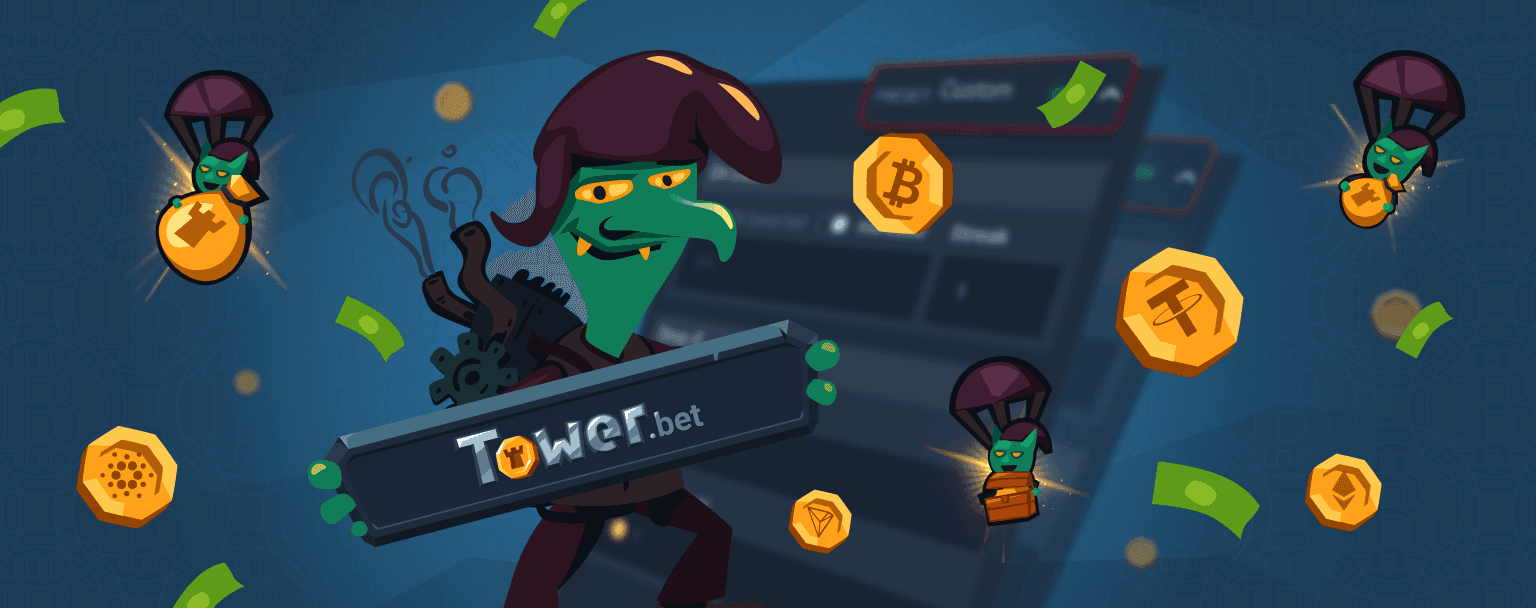Where is crypto gaming legal?
The legal status of crypto gaming, which includes online gambling using cryptocurrencies, is different in each country. This legal landscape can evolve over time, so it's important to stay informed about these changing rules.
Certain countries explicitly regulate and legalize crypto gaming. Many operators get special licenses to offer crypto gaming in a lawful way. A gambling license covers different things like compliance with anti-money laundering (AML) and Know Your Customer (KYC) protocols. It also maintains financial stability, makes sure users’ information is handled properly, and players are treated fairly. For instance, Curaçao gives licenses to crypto gambling operators, and the Malta Gaming Authority (MGA) oversees this type of gaming in Malta.
Places like the Isle of Man, watched over by the Gambling Supervision Commission (GSC), and Gibraltar, where the Gibraltar Regulatory Authority (GRA) is in charge, have similar rules. Switzerland also allows crypto gaming but with some specific limitations.
Apart from these places, there are some areas where crypto gaming isn't directly forbidden. For example, Bermuda doesn't explicitly ban it, but they do have limits on using cryptocurrencies. Hong Kong and Thailand don’t have licensed crypto gambling operators, but they also haven't stated it's not allowed.
On the other hand, some places prohibit or restrict cryptocurrency usage, such as Iraq, Qatar, Algeria, Bahrain, and Bangladesh.
Despite this, the legal landscape of digital currency and online gambling remains uncertain in many countries. The rules are dynamic, and some governments are thinking about or making new rules specifically for crypto gaming.
In this shifting landscape, conducting your own research is crucial. Learning about specific laws in each country helps ensure compliance and minimizes potential issues. This research also helps you to figure out if you need special licenses to legally offer crypto gaming services.
Moreover, it's essential to follow the local tax rules if you are about to withdraw the money you won. Practicing responsible gambling and understanding how crypto gaming platforms keep things secure can make your gaming experience safe and enjoyable.
Ultimately, staying informed about potential shifts in gambling regulation and getting advice from legal experts who know about cryptocurrency regulations can help people understand online Bitcoin casinos better and follow local rules. Being responsible when playing crypto casino games is essential for a secure and pleasant experience for everyone.
Key facts on crypto gambling legality
It's important to consider the following questions: Is it illegal to use crypto when gambling online? What is the legal framework for the cryptocurrency gambling market? Can anyone start their own Bitcoin casino online?
To clearly understand if crypto online casinos are completely legal, you have to navigate through a complicated mix of rules from different places. In some areas, crypto gambling websites follow strict licenses and rules to protect players and make sure games are fair.
On the other side, in places where there are limits on crypto gambling, individuals might turn to overseas platforms, which could lead to unexpected risks.

 The question of whether online gambling is legal or not is complex and the answer to it is always changing. It's different in various places and follows different rules. Regulatory issues always appear when modern technology meets traditional methods, so the legality of online crypto gambling is not the same everywhere in the world.
The question of whether online gambling is legal or not is complex and the answer to it is always changing. It's different in various places and follows different rules. Regulatory issues always appear when modern technology meets traditional methods, so the legality of online crypto gambling is not the same everywhere in the world. The situation of crypto gambling's legality in the United States is complex. It’s not strictly banned on a federal level, but the main rules are set by each state. This means that whether crypto gambling is legal or not can be very different from one state to another.
The situation of crypto gambling's legality in the United States is complex. It’s not strictly banned on a federal level, but the main rules are set by each state. This means that whether crypto gambling is legal or not can be very different from one state to another. The question regarding the legality of the cryptocurrency gambling industry persists because governments worldwide can't keep up with the technological leap within the gambling industry. To handle this changing situation, players need to maintain awareness of local regulations and practice responsible gambling behaviors.
The question regarding the legality of the cryptocurrency gambling industry persists because governments worldwide can't keep up with the technological leap within the gambling industry. To handle this changing situation, players need to maintain awareness of local regulations and practice responsible gambling behaviors.